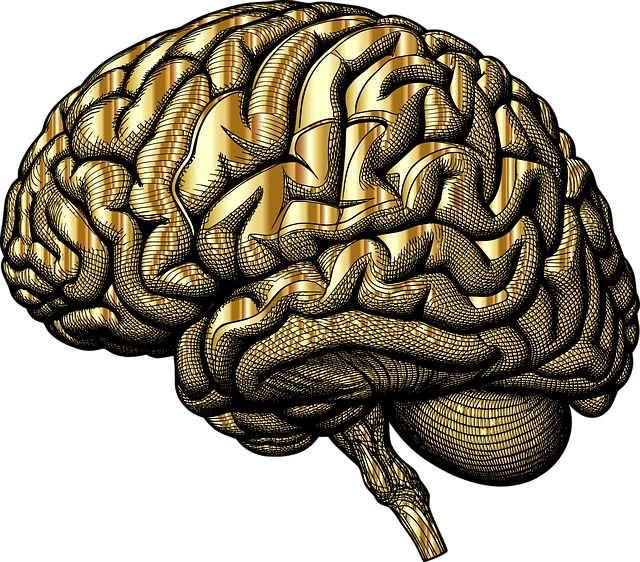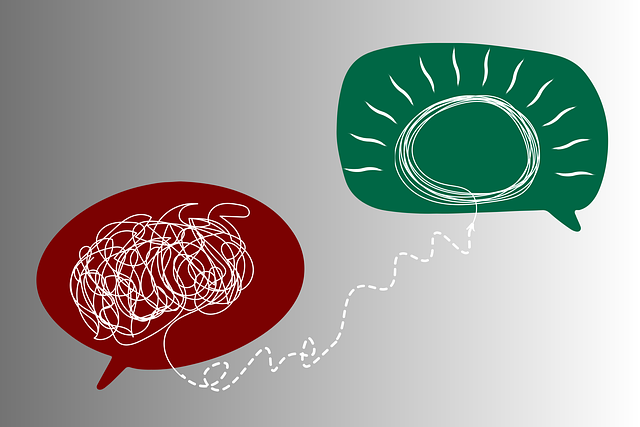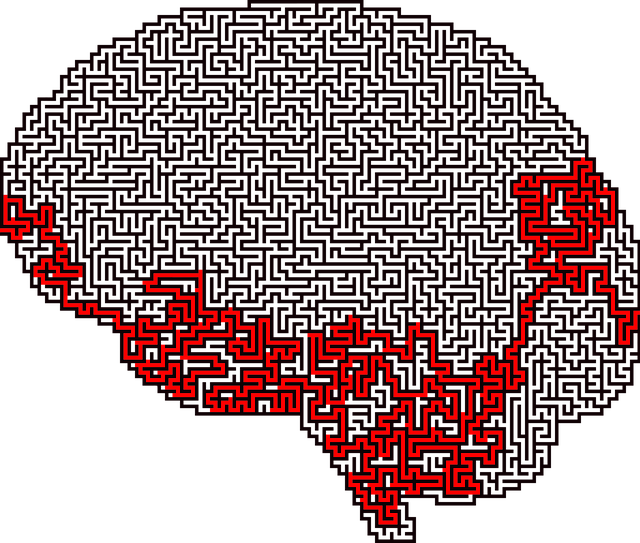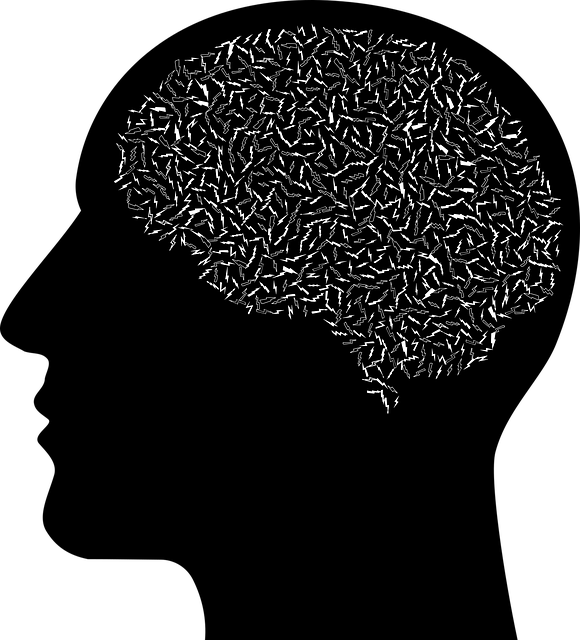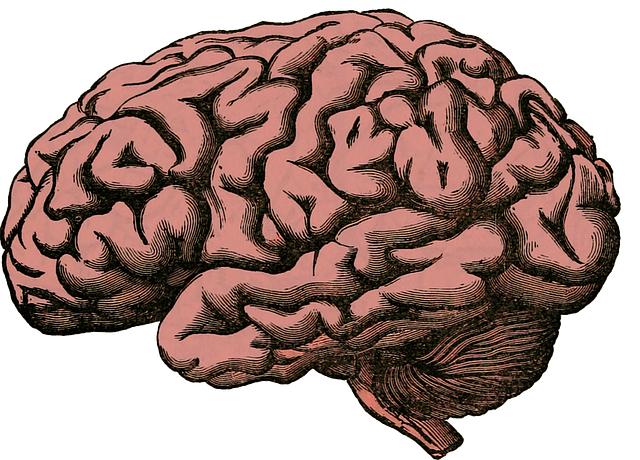Mental wellness programs, like Littleton ADD-ADHD Therapy, rely on thorough evaluations using a blend of quantitative and qualitative methods to measure their effectiveness. These assessments track symptom changes, emotional well-being, and coping strategies, incorporating cultural sensitivity and burnout prevention strategies for personalized care. Standardized tests, interviews, and observational techniques provide detailed insights into cognitive functions and behavioral patterns, crucial for optimizing therapy plans. By combining data from surveys, client feedback, and qualitative interviews, the success of programs like Littleton ADD-ADHD Therapy can be accurately gauged, ensuring positive mental health outcomes and community awareness.
In today’s digital era, mental wellness programs, especially those focused on conditions like ADD/ADHD in Littleton, are more crucial than ever. Effective evaluation methods are vital to ensure these programs deliver measurable results and enhance participants’ lives. This article explores various assessment tools and strategies, from quantitative to qualitative approaches, to evaluate the success and impact of therapy programs. By understanding these methods, we can navigate the landscape of Littleton ADD-ADHD therapy, fostering better outcomes for those seeking support.
- Understanding Mental Wellness Programs and Their Evaluation
- Assessment Tools for ADD/ADHD in Littleton
- Quantitative vs Qualitative Evaluation Methods
- Measuring Success and Impact of Therapy Programs
Understanding Mental Wellness Programs and Their Evaluation

Mental wellness programs aim to improve an individual’s overall mental health and well-being. These initiatives can include therapy sessions for conditions such as Littleton ADD-ADHD, strategies for stress management, and interventions designed to foster positive thinking and mood regulation. Evaluating these programs is crucial to understanding their effectiveness and ensuring they meet the unique needs of participants.
Comprehensive evaluation methods involve assessing both the program’s impact on individual clients and its contribution to mental illness stigma reduction efforts. By measuring changes in symptoms, emotional well-being, and coping strategies, professionals can gauge the success of various interventions. This process helps identify best practices and informs future iterations, ultimately enhancing the quality of care provided by programs like Littleton ADD-ADHD Therapy.
Assessment Tools for ADD/ADHD in Littleton

In Littleton, the assessment tools for Attention Deficit Disorder (ADD) and Attention-Deficit/Hyperactivity Disorder (ADHD) play a pivotal role in mental wellness program evaluation. These tools are designed to offer comprehensive insights into an individual’s cognitive functions, behavioral patterns, and emotional states, crucial for tailoring effective therapy plans for Littleton ADD-ADHD Therapy. Assessments consider not just the symptoms but also the individual’s background, including their cultural context, as Cultural Sensitivity in Mental Healthcare Practice is paramount.
The process often involves standardized tests, clinical interviews, and observational techniques to capture a holistic view of the patient’s experience. Healthcare providers are trained in Burnout Prevention Strategies and encouraged to participate in Healthcare Provider Cultural Competency Training to ensure sensitive and effective care. These approaches help in identifying co-morbidities, managing symptoms, and fostering positive outcomes for individuals navigating ADD/ADHD in Littleton.
Quantitative vs Qualitative Evaluation Methods

When evaluating mental wellness programs, particularly those focused on conditions like ADD-ADHD in Littleton, it’s essential to understand the balance between quantitative and qualitative methods. Quantitative approaches rely on numerical data and statistical analysis, offering a clear picture of program effectiveness through measurable outcomes. This method is valuable for tracking progress and demonstrating success on a large scale, which can be crucial for securing funding and gaining support for these programs. For instance, assessing anxiety relief through standardized questionnaires provides a quantitative measure of clients’ perceived improvements.
In contrast, qualitative evaluation methods delve deeper into individuals’ experiences, perspectives, and emotions. Techniques like interviews, focus groups, and case studies allow for rich, nuanced insights into the program’s impact on participants’ lives. Qualitative data can reveal unanticipated benefits or challenges that quantitative measures might miss. For example, Mental Wellness Coaching Programs Development often involve one-on-one sessions where individuals express their struggles with mindfulness meditation, providing valuable qualitative data to enhance and tailor these programs.
Measuring Success and Impact of Therapy Programs

Measuring the success and impact of therapy programs is a crucial aspect of any mental wellness initiative, including Littleton ADD-ADHD Therapy. Well-designed evaluation methods ensure that programs are effective, meet their intended goals, and contribute to positive mental health outcomes for participants. One effective approach involves collecting quantitative data through surveys and assessments before, during, and after the therapy sessions. By comparing scores on various scales, therapists can track improvements in symptoms, such as those associated with ADD-ADHD, and overall functional abilities.
Additionally, qualitative feedback from clients and their families plays a vital role in understanding the real-world impact of these programs. This can be gathered through interviews, focus groups, or written testimonials, providing insights into participants’ experiences, challenges overcome, and the perceived value of the therapy. Such methods enrich the evaluation process, ensuring that the Mental Wellness Podcast Series Production and Public Awareness Campaigns Development efforts translate into tangible benefits for the community’s mental health awareness.
Evaluating mental wellness programs, such as Littleton ADD-ADHD therapy, requires a combination of quantitative and qualitative methods. By utilizing standardized assessment tools and personalized feedback, therapists can accurately measure the success and impact of their programs. This comprehensive approach ensures that individuals receiving treatment in Littleton not only experience improved symptoms but also achieve long-lasting positive outcomes. Through ongoing evaluation, mental wellness initiatives can be fine-tuned to better serve the unique needs of each client.
